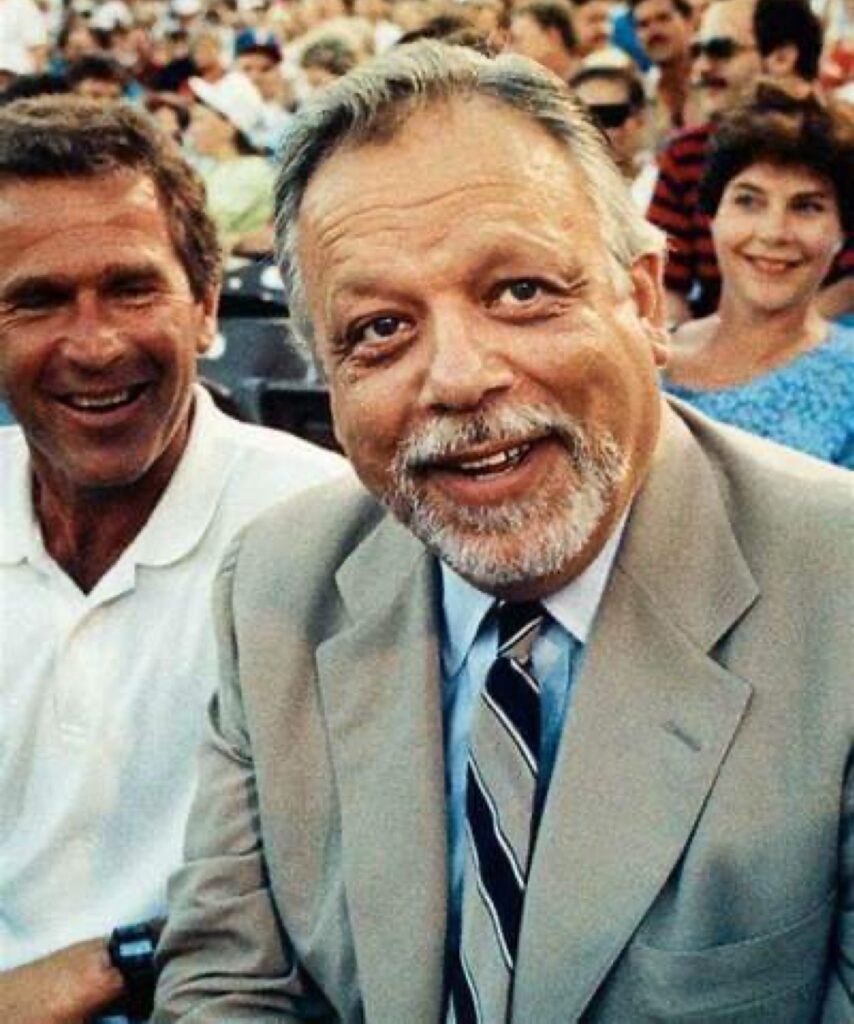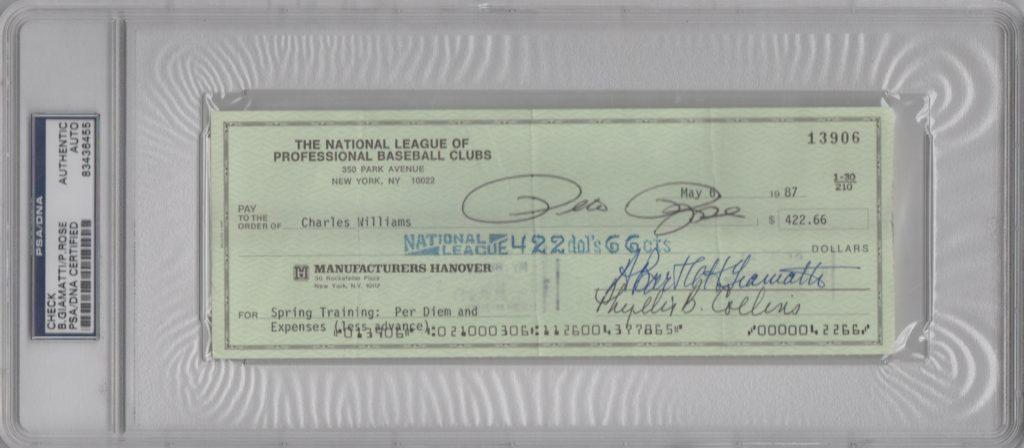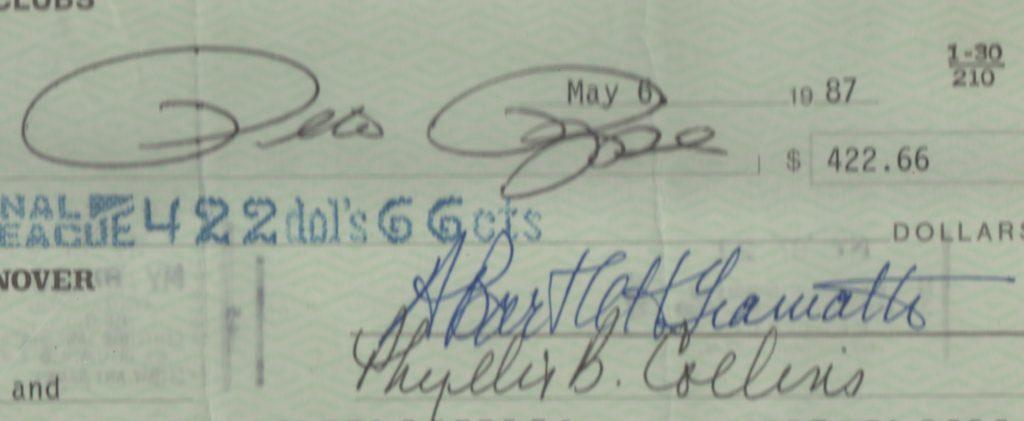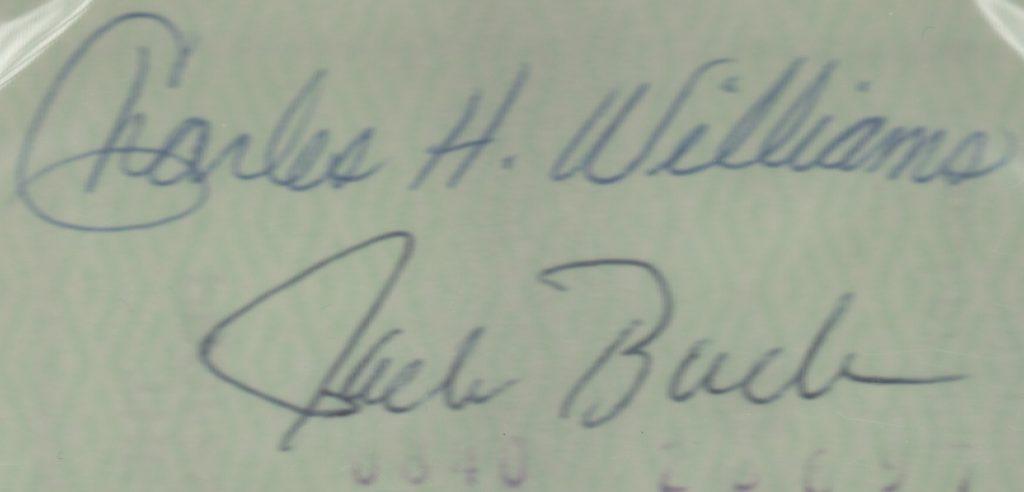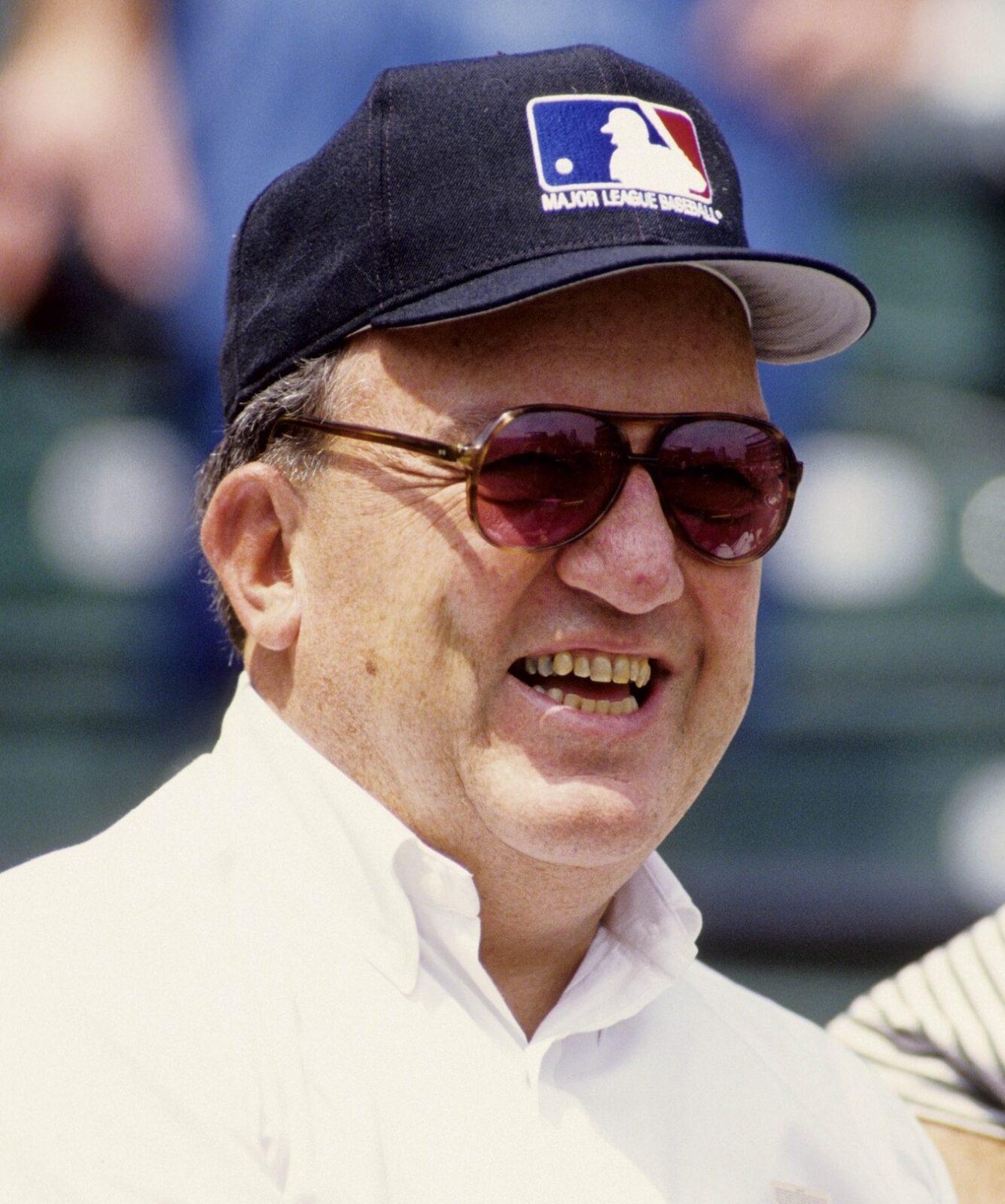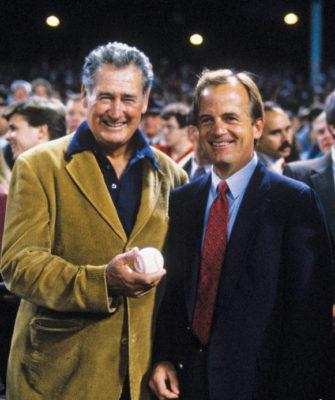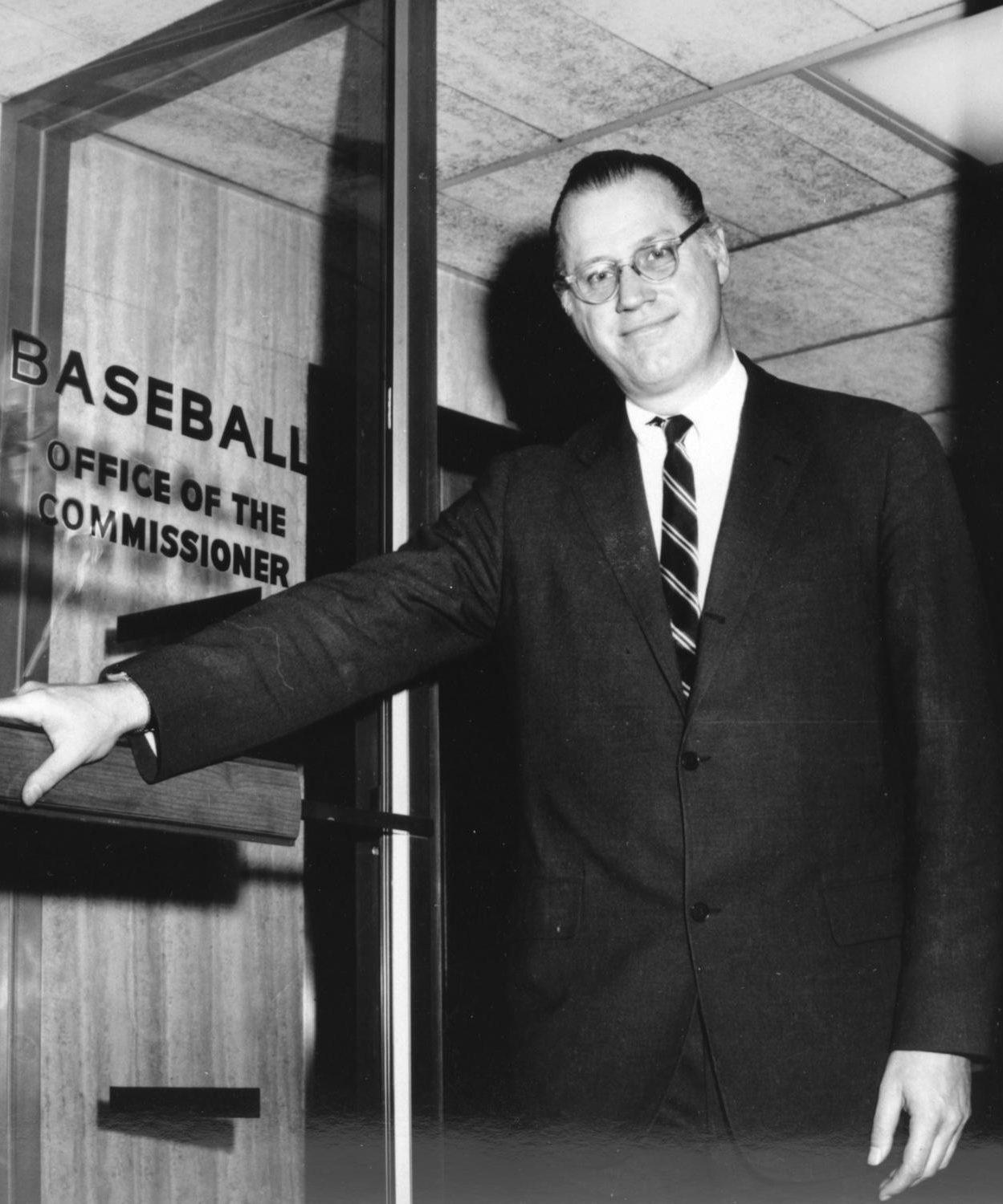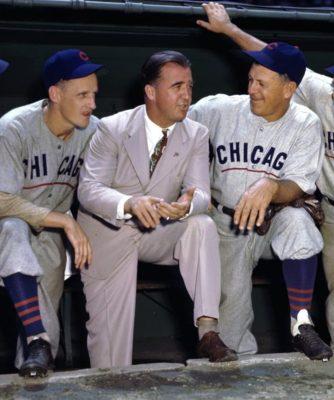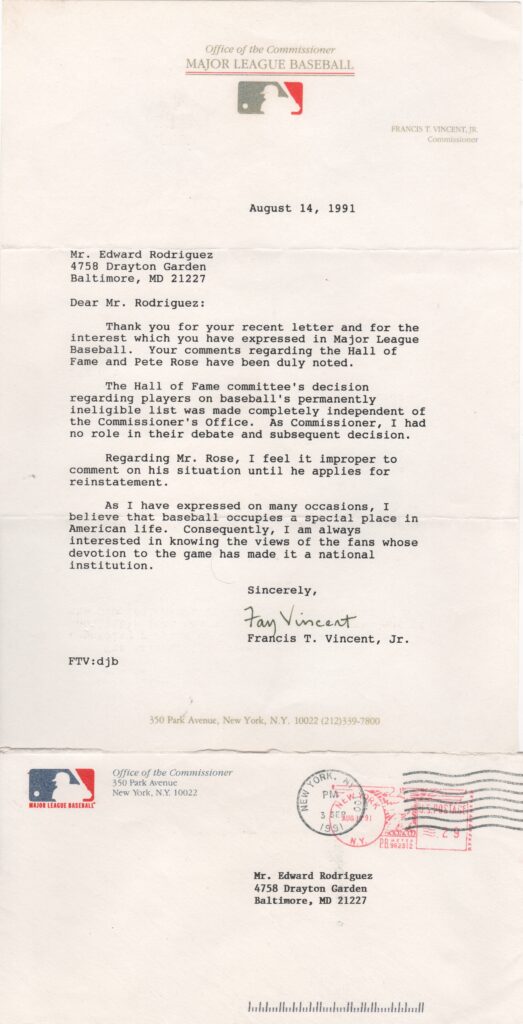
Pete Rose gambled his way out of baseball. Placed on MLB’s permanently ineligible list, Rose hoped remain eligible for the Cooperstown ballot.
The Hall of Fame dashed the those hopes in February of 1991 with a rule changed. The board of directors declared any man on the baseball’s permanently ineligible list who not appear on any ballot for the Hall.
Known as the Pete Rose rule, it came just before the Hit King first appeared on the writers’ ballot. By then Fay Vincent ruled baseball as commissioner. He succeeded Giamatti who passed away 9 days after banning Rose.
This letter from Vincent clarifies the official situation for Rose. Notice the envelope with the New York postmark of September 3, 1991. That dates it one year to the day before Vincent received a “no-confidence” from the owners.
“Thank you for your recent letter and the interest you have expressed in Major League Baseball. Your comments regarding Pete Rose and the Hall of Fame are duly noted.
“The Hall of Fame committee’s decision regarding people on baseball’s permanently ineligible list was made completely independent of the Commissioner’s Office. As Commissioner I had no role in their debate and subsequent decision.
“Regarding Mr. Rose, I fell it improper to comment on his situation until he applies for reinstatement.”
